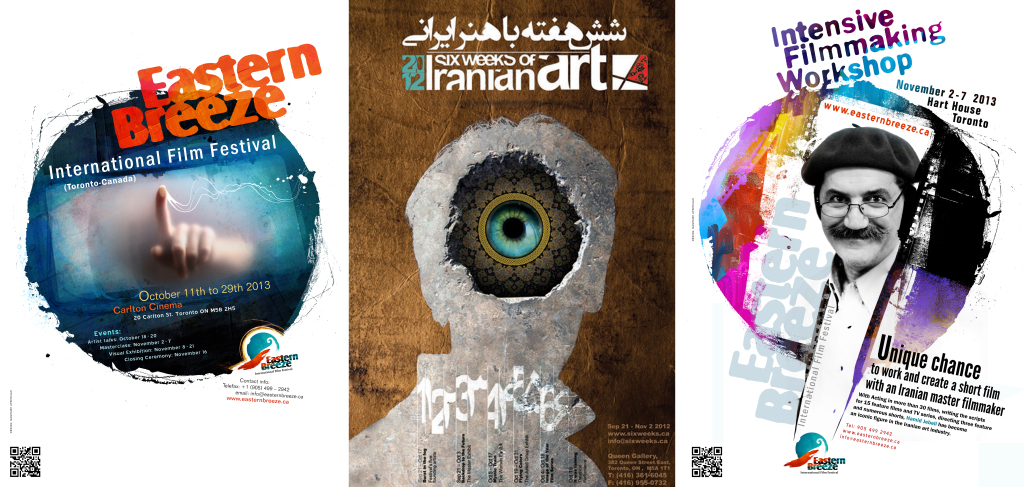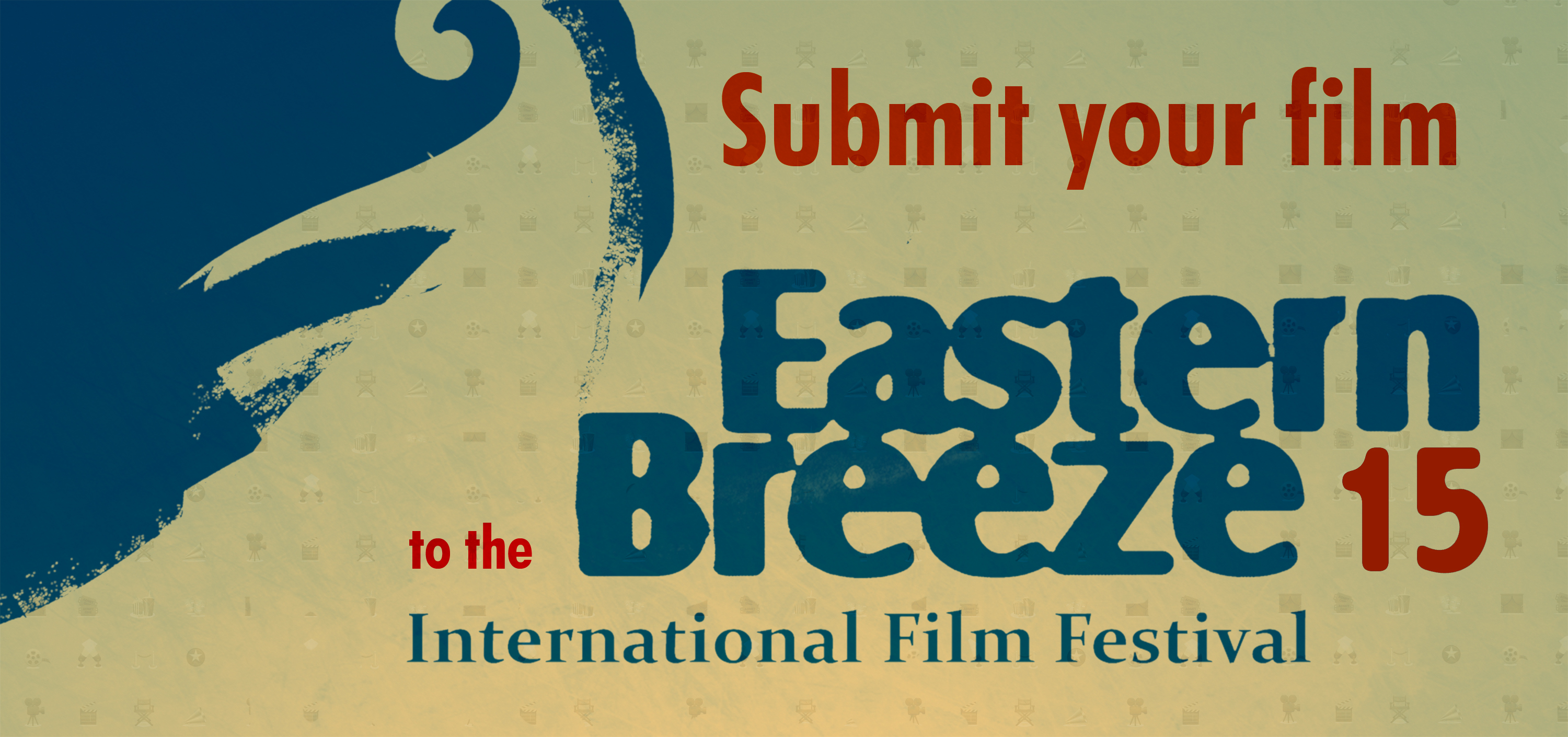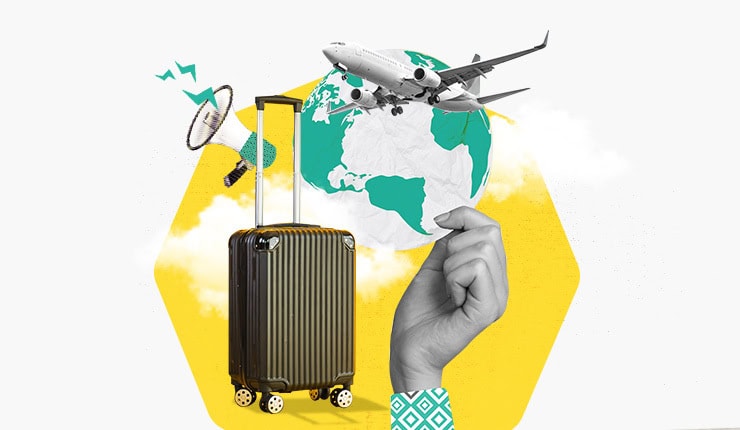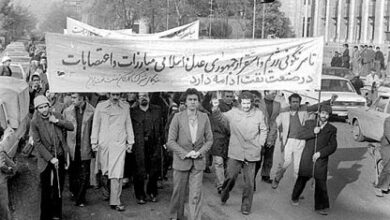فرصتی برای فیلمسازان خلاق در تورنتو
فستیوال بین المللی فیلم Eastern Breeze برگزار می شود
بسیاری از نام آوران سینمای امروز دنیا، کسانی هستند که از نردبان سینمای فیلم کوتاه و نیمه بلند بالا رفته اند. کارنامه هرکدام از کارگردانان مطرح سینما را که نگاه کنید، لیست بلند و بالایی از فیلم های مستند و یا کوتاه را می بینید که پله های اولیه صعودشان بوده اند. از سوی دیگر، اگر نگاهی به نسل جدید کارگردانهای سینمای حرفهای بیندازیم، میبینیم اکثریت آنها فعالیتشان را با ساخت فیلم کوتاه و مستند آغاز کردهاند.
هرچند در بسیاری از کشورها، سینمایی برای نمایش فیلم های کوتاه و مستند وجود ندارد، اما جشنواره های کوچک و بزرگی که هر ساله با این محوریت در گوشه و کنار دنیا برگزار می شوند، فرصت خوبی برای مطرح و دیده شدن این فیلم ها و فیلمسازانشان است. چشنواره هایی که گاه پلی می شوند برای ورود به سینمای حرفه ای.
فستیوال بین المللی فیلم Eastern Breeze از جمله همین جشنواره هاست. این فستیوال که در تورنتو برگزار می شود، در اولین گام خود توانست توجه فیلمسازان بسیاری را در سرتاسر دنیا، به خود جلب کند
شناسایی و معرفی فیلمسازان خلاق و نوگرا از جمله اهداف این جشنواره است. فستیوالی که دومین دوره خود را در بهار 1394 برگزار می کند، تا محفلی باشد برای گردهمایی فیلمسازانی که با توجه به ظرفیت و تواناهایی که دارند، می خواهند با مخاطبان جهانی، ارتباط عمیق تر و وسیع تری پیدا کنند.
فستیوال بین المللی فیلم Eastern Breeze در دو بخش فیلم کوتاه و نیمه بلند(داستانی، مستند و انیمیشن) با موضوع «شرق» برگزار می شود و امسال علاوه بر همکاری مجدد با سینما «کارلتون» و جشنواره فیلم «دیازپورا»، با جشنواره بین المللی فیلم«داکا» هم تعامل خواهد داشت.

شرایط آثار:
- با توجه به موضوع فستیوال، آثار در دو بخش فیلم کوتاه (حداکثر 12 دقیقه) و فیلم نیمه بلند (حداکثر 45 دقیقه) پذیرفته می شوند که شامل داستانی، مستند و انیمیشن است.
- موضوع فیلم باید مرتبط با «شرق» باشد. همچنین آثاری که کارگردان، نویسنده، تهیه کننده و یا لوکیشن آنها شرقی باشد، امکان حضور در جشنواره را دارند.
- تاریخ تولید آثار شرکت کننده باید پس از ژانویه سال 2012 میلادی باشد.
- آثاری که در تورنتو به نمایش درآمده اند، امکان حضور در این فستیوال را نخواهند داشت.
- آثار ارسالی باید زیرنویس انگلیسی داشته و یا به زبان انگلیسی باشند.
- ثبت نام در سايت جشنواره به صورت آنلاین انجام می شود و داشتن شناسه ثبت نام براي كليه شركتكنندگان در جشنواره، الزامي است. ثبت نام در فستیوال برای شرکت کنندگان «رایگان» است.
- علاقمندان باید آثار خود را تا روز 15دسامبر برابر با 24 آذرماه 1393 به دفتر فستیوال ارائه کنند. اسامی پذیرفته شدگان 15 ژانویه برابر با 25 دی اعلام خواهد شد.
- هیات داوران به برندگان هر بخش هزار دلار و به بهترین فیلم اولی، دو هزار دلار جایزه نقدی اعطا می کنند.
- طلاعات فرم شرکت در فستیوال در تهیه مطالب برای نشریات داخلی و خارجی و امور مربوط به اطلاع رسانی و تبلیغاتی مورد استفاده قرار خواهد گرفت، لذا صحت اطلاعات برعهده شرکت کننده است.
- فستیوال، امضا کننده فرم را صاحب اثر میشناسد. در صورتی که خلاف آن ثابت شود، تمامی امتیازات متعلقه باطل و اثر مزبور از لیست نمایش حذف میشود و عواقب حقوقی آن نیز بر عهده امضا کننده فرم شرکت خواهد بود.
- ثبت نام و ارسال آثار به منزله قبول مقررات است و تصمیم گیری در موارد پیش بینی نشده به عهده شورای سیاست گذاری جشنواره خواهد بود.
به منظور کسب اطلاعات بیشتر و آگاهی از فراخوان و فرم شرکت در جشنواره به وبسایت جشنواره به آدرس http://easternbreeze.ca مراجعه کنید.










